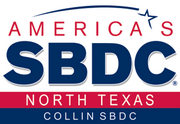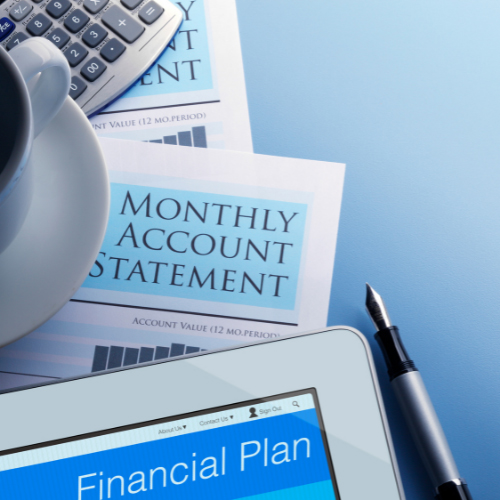Being self employed or owning your small business offers several financial advantages over working for someone. Your income can (potentially) be limitless, and you get to choose how and when to invest your profit. There are a few things you’ll need to implement, and make sure you follow-through with, to assure your future financial success. In this blog, we’ll talk about 4-steps to take to insure your financial future.
1 – Identify a Great Financial and Tax Advisor:
In most cases, these are two different people. Individuals outside of your own small business can offer an unbiased view of your finances and can help you with ways to increase your revenue as well as retain earnings. When identifying the right person to help you with your business finances and taxes, it’s important to do the following:
- Check them out: Do a thorough background check on the people who have access to your finances; especially those who recommend where and how to invest. If you don’t want to pay for a background check, you can easily check their references, talk to their other clients and ask if they are bonded and insured.
- Stay Involved: Don’t just hand over a check to be invested, or a box of receipts for your taxes to be filed. Review your information, ask them questions, and check their work. You may think of an additional tax strategy your CPA forgot, or your investment goals may have changed since the last review with your advisor.
- Request reports: Never “just trust” your CPA or financial advisor to complete your request. Ask for a receipt, report or status of the work you’ve requested.
2 – Keep Business and Personal Finances Separate:
Not only is it vital to keep your personal and business finances separate, but it can also be illegal to misuse your business funds for personal use. Here are some practical reasons why it’s a good idea:
- Taxes: One of the “perks” of being self-employed or owning a small business are the tax deductions of which you can take advantage. However, if you pay personal bills with a business bank account, it makes it harder to identify (and justify) a true business expense. The IRS gets very unhappy if you claim a deduction for something personal that was not a true business expense. Avoid this entirely by having separate accounts.
- Expenses: You want a true picture of exactly what your small business is making and where you are spending money.
- Personal Income: Establish your own salary structure that can be paid to your personal account or invested in a retirement fund. Your income should be considered after the expenses of the business are taken care of. It can be a reward for your hard work and can offer a layer of financial stability.
3 – Talk to Your Family:
If you are self-employed, the responsibility for your finances is yours alone. However, if you become disabled, ill or unable to do your job, you may need help from a family member. Here are some steps to take to make sure your finances stay on track if you aren’t able to oversee them:
- Be transparent with your spouse or trusted family member on where your books are kept, how to access accounts and what is needed in regards to your self-employment.
- Get a co-signer or joint-account holder. You may go as far as naming a beneficiary or executor for your business in case of emergency.
4 – Invest in Your Own Future:
Think about and plan for retirement, illness or death. Ask your financial advisor about a will or estate plan. Most individuals do this in their personal life, think about adding in your business. Talk to your financial advisor to see what you need to do to include your self-employment or small business in your will or estate plan.
Invest in a retirement plan (no one wants to work forever) and make sure you have a plan for your own future. Look into adding money to a 401K or a deferred annuity to plan for your life after retirement.
For additional resources and information on taking care of and planning your financial life when self-employed or owning a small business, please contact our experts at the Small Business Development Center – SBDC – serving Collin and Rockwall Counties, Texas.
Blog by: Michael McClinton



